Cholesterol buildup in your arteries may trigger inflammation. Inflammation can affect how you break down lipids like cholesterol. This link can cause both factors to increase your risk of heart disease.
If you live with high cholesterol levels, you’re not alone. Experts estimate that about
Cholesterol is a fatty substance your body makes. We all need some cholesterol. Our body uses cholesterol to repair cells, produce hormones, and create vitamin D.
But too much cholesterol can cause problems. It can start to build up as plaque on the walls of your arteries, narrowing them and making it harder for blood to flow through. This increases your risk of a heart attack or stroke.
Inflammation is your body’s response to what it perceives as harmful. Inflammation can also change the health of your arteries and make cholesterol more likely to cause problems.
Cholesterol affects inflammation in a few ways.
Cholesterol exists in all your body’s cells. When cholesterol levels are high, more cholesterol enters your cells.
A buildup of plaque in your arteries can also trigger an inflammatory response in the body. This response
Inflammation in your body can cause
Research has linked inflammation to lower HDL (“good”) cholesterol levels. HDL cholesterol helps protect your heart by reducing cholesterol buildup in the blood. Low HDL is a risk factor for heart disease as cholesterol is more likely to cause plaque deposits.
Inflammation also creates denser LDL “bad” cholesterol molecules, which turn into plaque deposits more easily.
Inflammation…
Read the full article here







